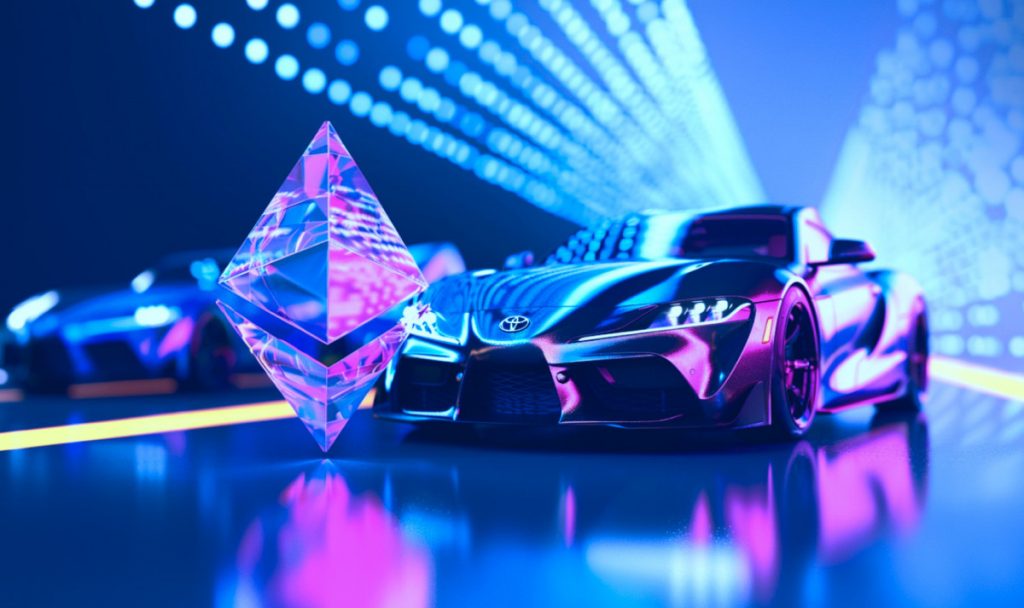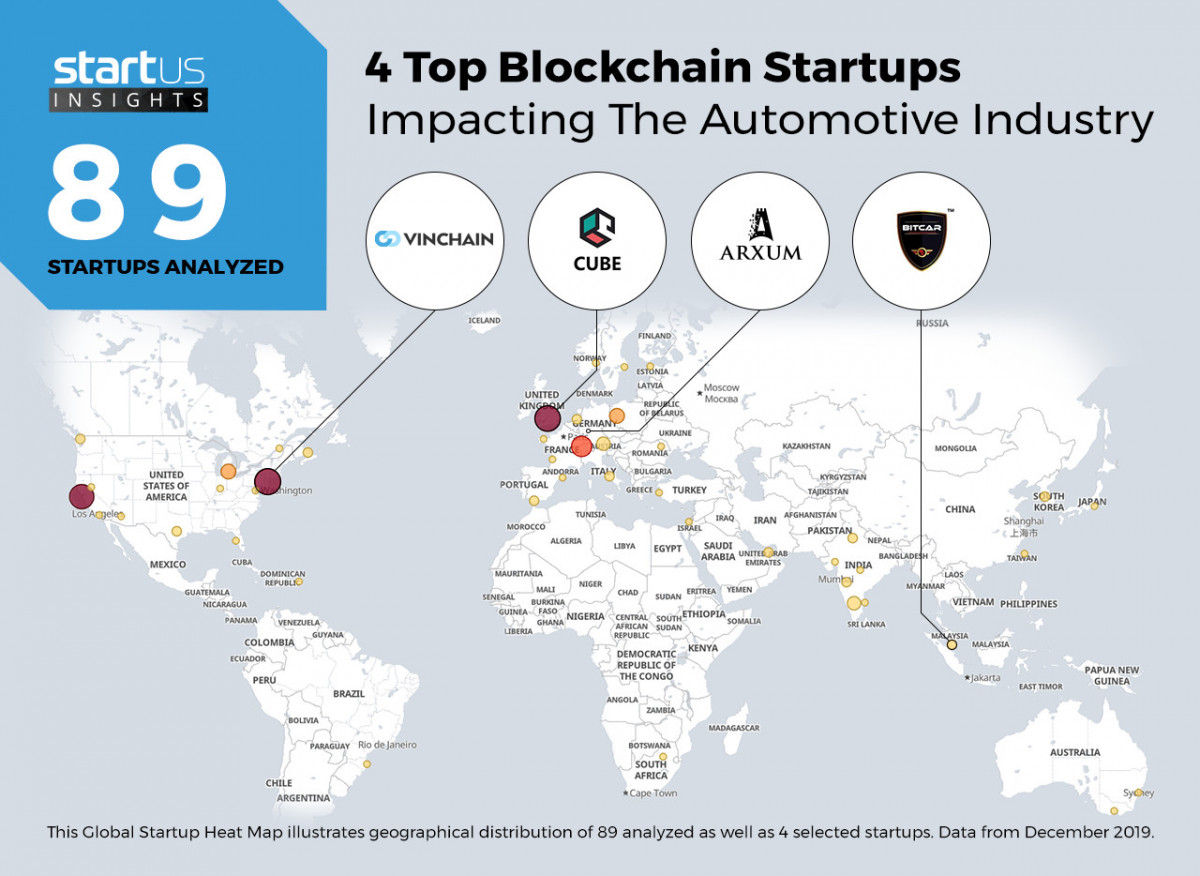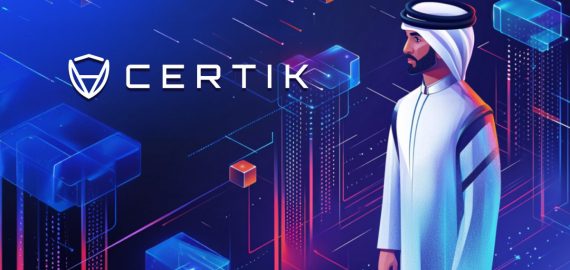Blockchain Behind the Wheel: Toyota’s Ambitious Plan to Bring Ethereum Technology to Your Vehicle


In Brief
Toyota plans to integrate Ethereum into its cars, potentially transforming the future of mobility and autonomous driving.

The blockchain is developing as a possible game-changer for the automobile sector, which is poised for a technological shift. The future of mobility and autonomous driving may be greatly impacted by Toyota’s recent announcement that it will investigate integrating the Ethereum blockchain into its cars.
Toyota’s Mobility 3.0 Concept and Mobility-Oriented Accounts
The core of Toyota’s project, which was introduced as part of its Mobility 3.0 idea, is the establishment of Mobility-Oriented Accounts (MOA) for automobiles. This novel strategy seeks to use blockchain to advance security, increase vehicle communication, and clear the path for completely autonomous cars. Leading the initiative is Toyota’s Blockchain Lab, which is a major step in the corporation’s aim to become a whole mobility company instead of just a typical carmaker.
Photo: Toyota
The ERC-4337 standard’s deployment on the Ethereum network is at the center of Toyota’s blockchain integration. Toyota’s MOA tool will be built on top of this standard, which aims to make smart contract interactions more safe and approachable.
Toyota hopes to build a strong foundation that facilitates safe and effective data sharing between infrastructure and automobiles by employing this technology.
Maintaining the blockchain account for an automobile, even in the event of a lost private key, is one of the major benefits of the MOA concept, which is based on ERC-4337. This feature ensures the confidentiality and continuity of data connected to vehicles, which is a crucial concern in the application of blockchain technology. Furthermore, more secure and adaptable account administration is made possible by the division of the authentication procedure from key management.

Photo: Toyota
The car business will be greatly affected by Toyota’s use of the Ethereum blockchain. Toyota wants to improve security, lower operational inefficiencies, and increase consumer confidence by digitizing several parts of vehicle management. The administration of vehicle information, such as usage patterns, ownership information, and access privileges, will be open and effective thanks to the MOA framework.
In addition, Toyota’s blockchain project presents the idea of key tokens, which adhere to NFT guidelines, store data on vehicle owners, and use privileges. This invention makes it possible to handle vehicle access permits digitally, which streamlines procedures like temporary access authorization and automobile pooling.
Permissions may be managed through the transfer of these tokens, which enables developers to design services like vehicle sharing without being restricted by hardware constraints. Vehicle access is expressed as NFTs linked to the MOA.

Photo: Toyota
Beyond simple vehicle management, blockchain technology has a wide range of potential uses in Toyota automobiles. The business imagines a time when blockchain integration would enable completely autonomous driving. Under this scenario, all rights and operations would be managed in the on-chain world, removing the need for human intervention in autonomous mobility. This is a big step toward the actualization of fully autonomous vehicles.
Implications for the Automotive Industry
Toyota is not acting alone in its investigation of blockchain. The automobile sector is becoming more aware of how blockchain technology may be used to solve a number of problems. Some businesses are creating blockchain-based solutions for the automobile parts supply chain, allowing consumers to track components back to manufacturers. One such business is the German firm ARXUM.
The implementation of blockchain technology in the automobile industry is part of a larger trend in the industry towards improved security, efficiency, and transparency in the manufacturing and maintenance of vehicles.

Photo: StartUs Insights
The insurance sector will be impacted by the use of blockchain. Businesses such as VINchain are working on solutions that combine blockchain technology with usage-based insurance policies, enabling insurance providers to access driver and vehicle history through a unique number. This helps allay worries about bogus insurance claims while streamlining the insurance procedure.
Porsche and its New Blockchain Approach
Porsche is leading the way in incorporating blockchain into cars, and its partnership with Berlin-based start-up XAIN has allowed it to reach a noteworthy milestone. The goal of this collaboration is to assess and integrate blockchain technology into automobiles.
A number of safe and effective operations are made possible by the technology, such as app-based car locking and unlocking, temporary access authorizations, and encrypted data recording. These developments not only improve security but also create opportunities for new commercial strategies.
Porsche Financial strategist Oliver Döring believes blockchain can transmit data faster and more safely, providing clients with a greater sense of confidence in many aspects of their lives.
Fast and secure services built on top of blockchain technology enable direct offline connections without going via a server. Using an app to open and close the automobile may now be done up to six times quicker than it was previously. Effective cryptographic encryption makes sure that every action is recorded on the blockchain, preventing tampering and enabling the safe and digital distribution of access authorizations.
Toyota’s Collaborative Approach
It is anticipated that Toyota’s blockchain project would establish new benchmarks for the application of blockchain in the automobile industry. The company’s cooperative strategy, which includes alliances with blockchain specialists and IT companies, should hasten the creation and implementation of blockchain technologies in its automobiles. In addition to putting Toyota at the forefront of automotive innovation, this tactic advances the mobility ecosystem as a whole.
Beyond only the business, Toyota’s blockchain integration might have major implications. Toyota is helping to build a more efficient, safe, and transparent transportation network that benefits companies and customers alike by using this technology. The success of this project would encourage other automakers to investigate blockchain applications of a similar nature, which might result in the industry-wide adoption of this game-changing technology.
However, the path to full blockchain integration in vehicles is not without challenges. Issues such as scalability, energy consumption, and regulatory compliance will need to be addressed as the technology matures. Toyota and other companies exploring blockchain applications in the automotive sector will need to work closely with regulators and industry stakeholders to ensure that these innovations align with existing legal and ethical frameworks.
Disclaimer
In line with the Trust Project guidelines, please note that the information provided on this page is not intended to be and should not be interpreted as legal, tax, investment, financial, or any other form of advice. It is important to only invest what you can afford to lose and to seek independent financial advice if you have any doubts. For further information, we suggest referring to the terms and conditions as well as the help and support pages provided by the issuer or advertiser. MetaversePost is committed to accurate, unbiased reporting, but market conditions are subject to change without notice.
About The Author
Victoria is a writer on a variety of technology topics including Web3.0, AI and cryptocurrencies. Her extensive experience allows her to write insightful articles for the wider audience.
More articles

Victoria is a writer on a variety of technology topics including Web3.0, AI and cryptocurrencies. Her extensive experience allows her to write insightful articles for the wider audience.


















































